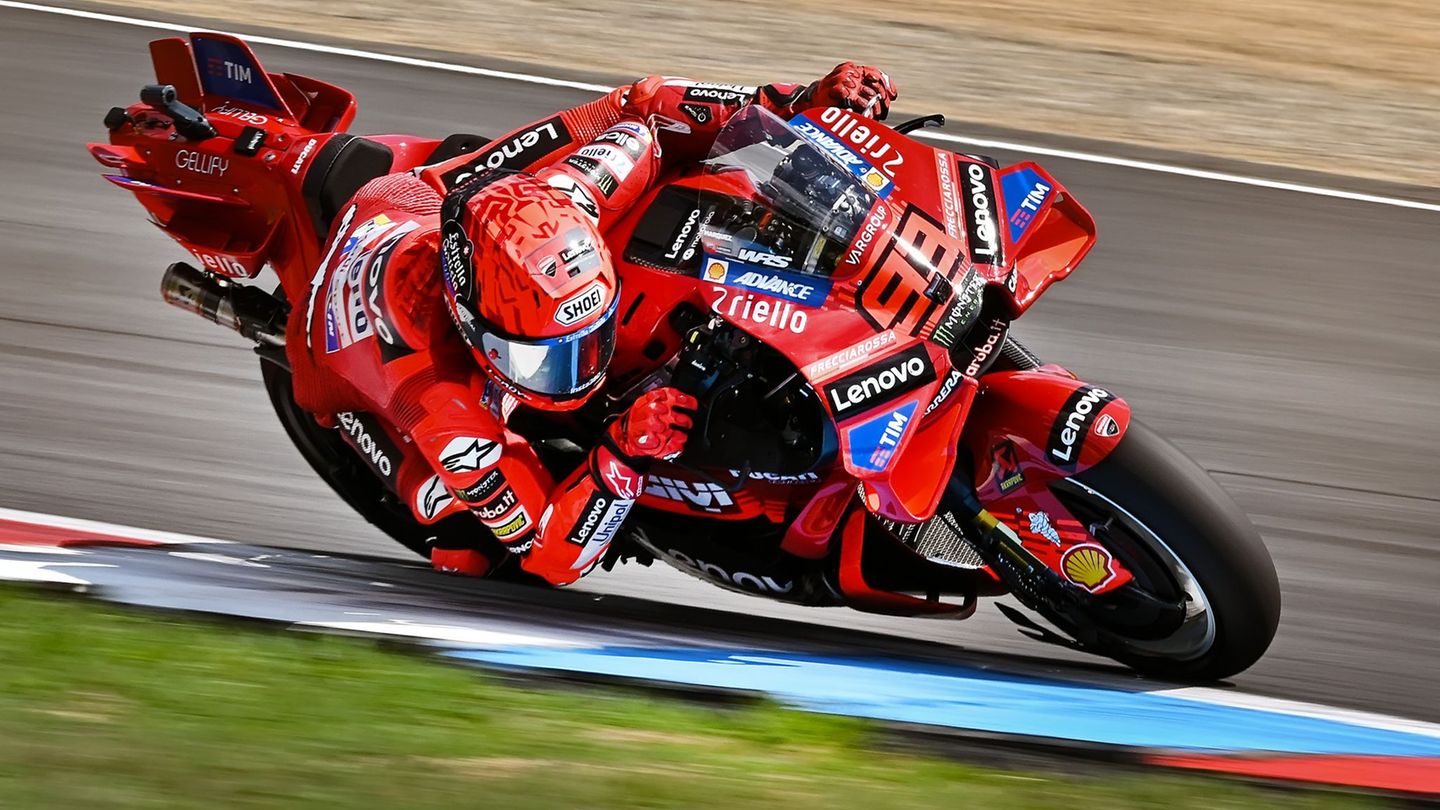Helping farmers to make day-to-day stable work easier: this is the goal pursued by the Wasserbauer company from Waldneukirchen (district of Steyr-Land). The family business has specialized in the development and production of fully automated robots for cattle and horses. These take over, for example, the feeding and the bedding of straw.
In order to further advance development and production, Managing Director Franz Wasserbauer decided to build a new technology center in 2020. Seven million euros were invested in the building, including biomass heating, which will be officially opened tomorrow, Sunday.
“Milking is the main work of farmers. Feeding comes second,” says Franz Wasserbauer. At tomorrow’s opening, the company’s latest innovation will also be presented. This is a “lift” that automatically mills the feed from the feed stack in the silo and fills a feeding robot with it. This in turn brings the feed to the animals in the barn.
“These devices are programmed according to needs and are connected to the Internet,” says Wasserbauer. If something doesn’t work as planned, the farmer gets an error message on his smartphone.
Franz Wasserbauer’s father, also a Franz, founded the company in 1986: He made a prototype of a feeding robot for his own use. Since the idea also attracted the interest of others, the attempt to make everyday work easier became a business idea. Wasserbauer products are now used in 55 countries. “Our export quota is 80 percent. The main market is Europe, but we are also represented in Japan, China and the USA.”
Customers are farmers of different sizes: in the smallest there are eight cattle, in that of the largest 8000 cattle. “For smaller farmers who run their farm as a part-time job or also run an inn or a hotel, it’s all about making work easier.” The prices per robot range between 100,000 and 500,000 euros.
Waiting time for electronic parts
In the past financial year (as of March 31), the 75 employees generated sales of 14 million euros, an increase of 20 percent over the previous year. The family business is currently struggling with material shortages. First and foremost, it’s the electronic components, for example the displays: “The delivery times for some parts are up to two years,” says Wasserbauer. A farmer usually waits ten weeks for his robot: “Now it’s up to six months.”
Source: Nachrichten




